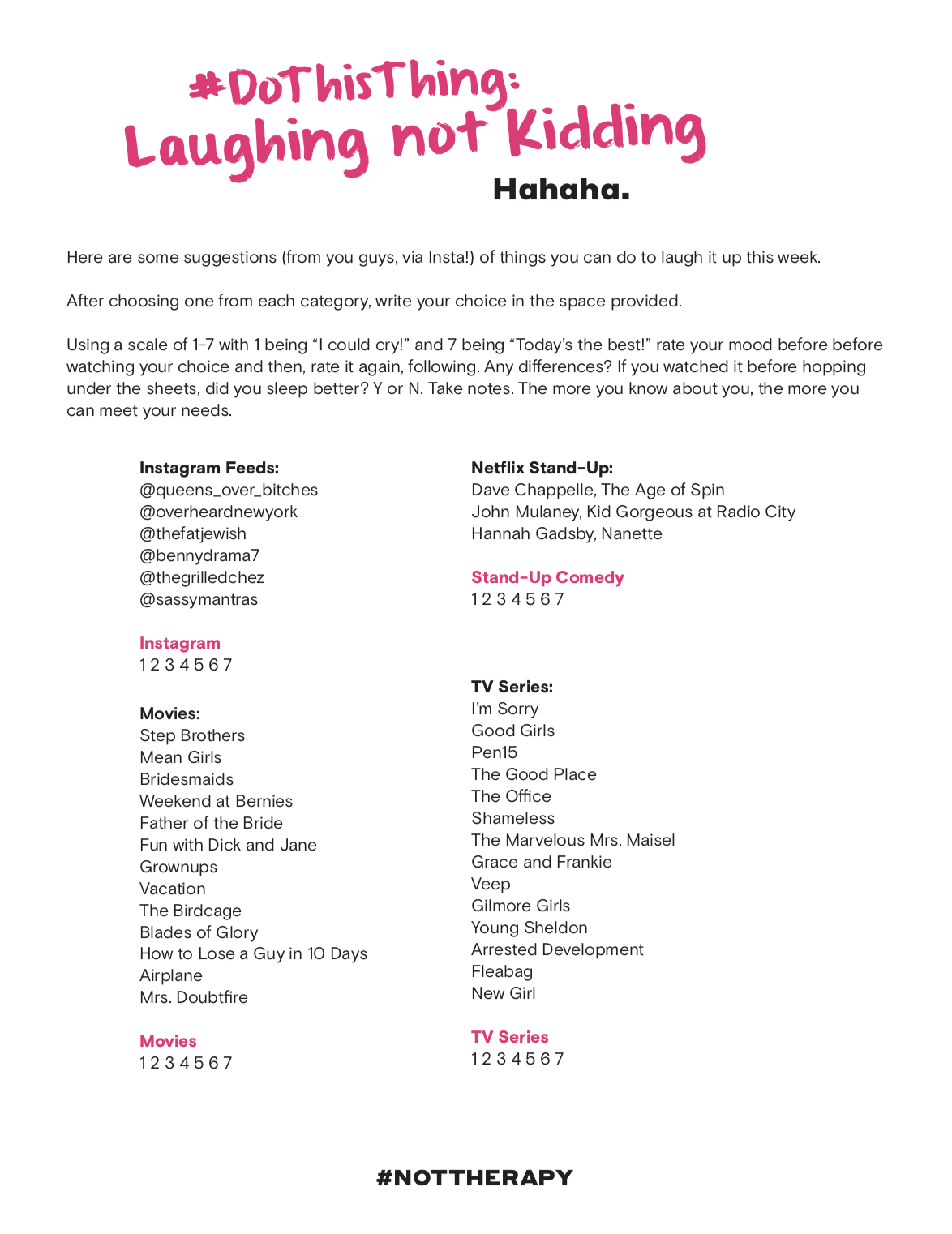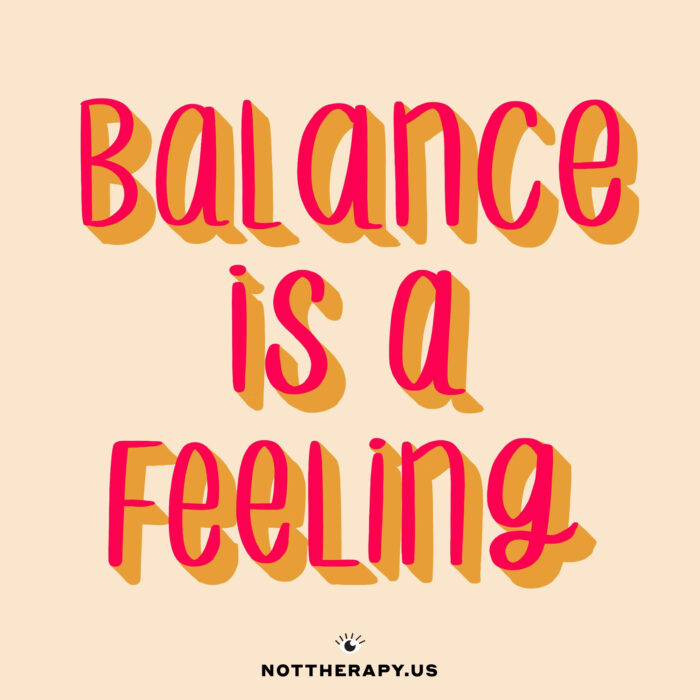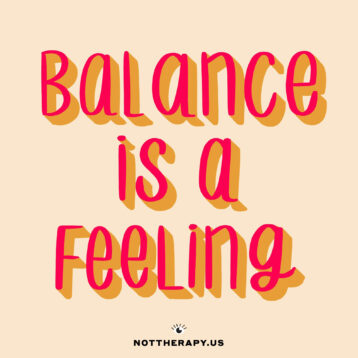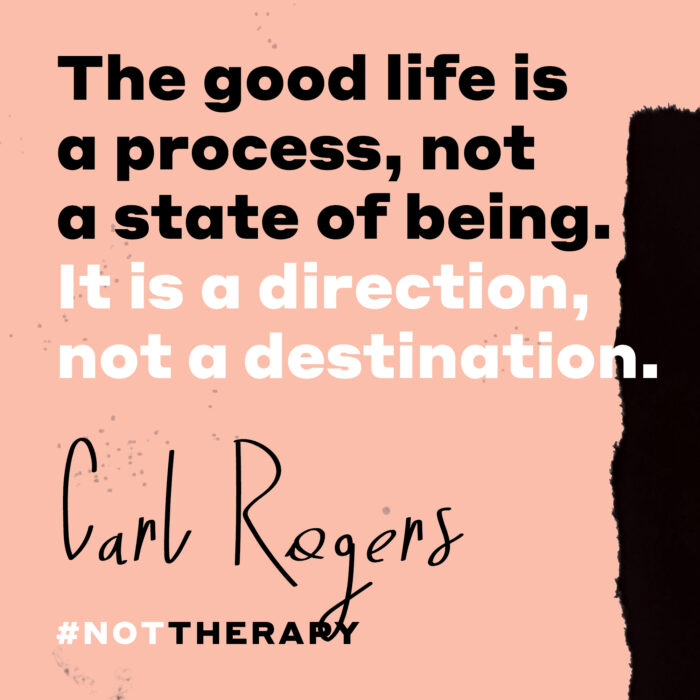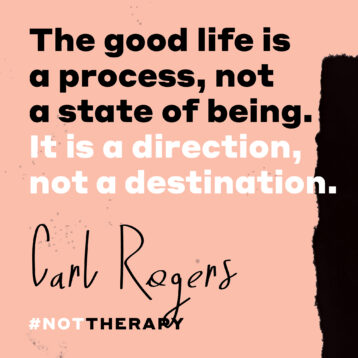Recently, my daughter, Ava, and I went to Florida to relax, soak up the sun and have fun together.
The only problem was that most things Ava and I find fun include physical activity, and she was in a boot. Yeah… Ava loves to play soccer but doesn’t love to warm up before her games. After complaining of her leg hurting for a solid week, I took her to the orthopedist. We left the doctor’s office with a diagnosis of shin splints, possible stress fractures, and a prescription for physical therapy and a damn boot to be worn all day, every day for six weeks. Ugh. Just in time for vacation! It never fails.
To have fun, while remaining stationary, we decided that every night, we’d watch a stand-up comedy act on Netflix before bed. We’d hang out on the beach during the day, shop late afternoon, grab dinner, then rush home to hop into our sweats, veg out and laugh our asses off. Such geeks! On night one, we watched Ellen Degeneres’ Relatable—so funny! Then we discovered John Mulaney, with whom we’re now totally obsessed. Each night before bed, we’d laugh and laugh. Neither of us could get enough.
I noticed that on the nights we watched comedy and laughed until we could hardly breathe, I slept like a baby. No small feat for me. I wanted to know why.
Research suggests that my Nana was right—laughter really is the best medicine. I wasn’t imagining the restful sleep/LOL correlation! Laughter serves as a sleep aid, because it reduces stress and anxiety. Even more, it gives us a bit of a workout, which increases feel-good hormones that help us sleep more soundly.
My question became: Does laughing at something funny and laughing on purpose provide the same benefits? I mean, we’re not always in Spring Break mode. We, usually, don’t have time to veg out and watch a stand up act for an hour before bed and sometimes, they’re not too funny, TBH. The answer, however, is, YES! Neuroscientists and laughing yogis alike, suggest that voluntary laughter provides the same physiological and emotional benefits as spontaneous laughter. So, in the absence of time or, God forbid, a good sense of humor, we can make ourselves laugh and feel better for it.
Could laughing be a secret (and fun!) pathway to well-being?
The physiological changes that come with laughing, both spontaneous and voluntary, provide a number of benefits.
Laughter decreases stress and improves memory.
Scientists suggest laughter helps lower levels of the stress hormone cortisol to improve memory and learning. Do you often misplace your car keys? Don’t get frustrated, laugh it off. It’ll be harder to lose ‘em next time.
Laughter regulates emotions.
This is the reason that you laugh in awkward situations, when nothing’s funny at all. Your brain is doing it’s best to even out the feels for you! I’m personally grateful for this nugget. I’ll have to forward this to my HS BF, Wendy with a note: “We finally know why I laughed when I walked into your grandfather’s funeral.” I know, I’m so embarrassing sometimes.
Laughter improves your health.
Research shows that laughter has an anti-inflammatory effect that protects blood vessels and heart muscles from the damaging effects of cardiovascular disease. Most things that help our heart require work,like cardio at the gym and eating beets. Laughing is something we can all do, everyday, to keep our hearts healthy.
Laughter boosts your mood.
Laughing gets your brain to release serotonin, the brain chemical that makes us feel good and is affected by antidepressant drugs called Selective Serotonin Reuptake Inhibitors (SSRIs). Basically, we can laugh our way to happiness.
Your to-do list this week is simple! Laugh it up—at funny jokes, at comics, at yourself and at nothing at all. Laughing is a universal language that has no downside. And, bonus, it’s said to make your relationships better, too. No joke! #DoThisThing with your BFF, BF, GF, and, don’t sweat it, by yourself works, too. You’ll be happy you did!
Art by Tory Rust.



